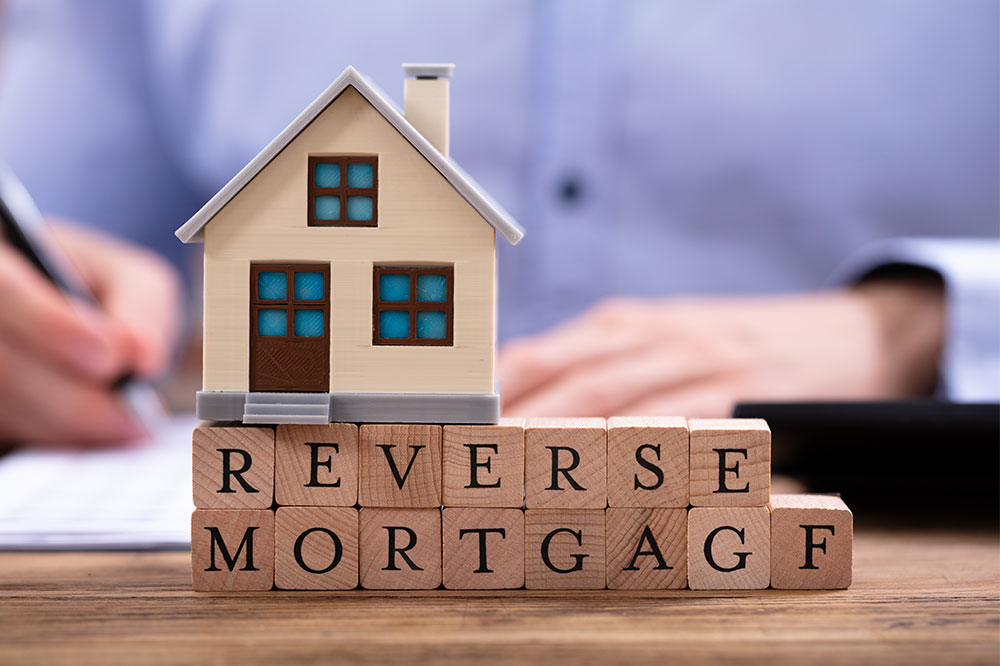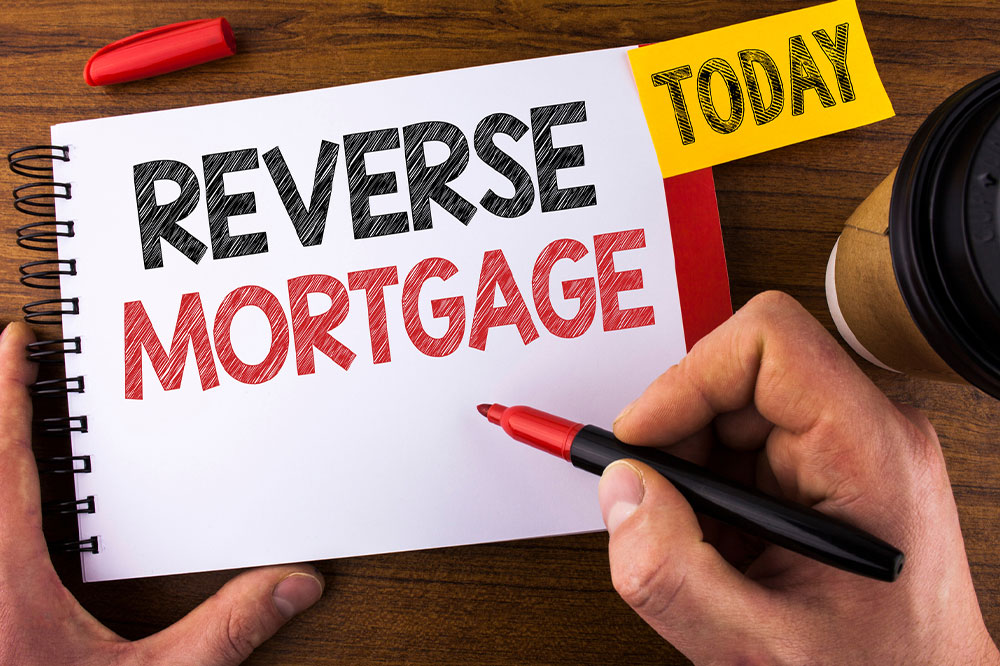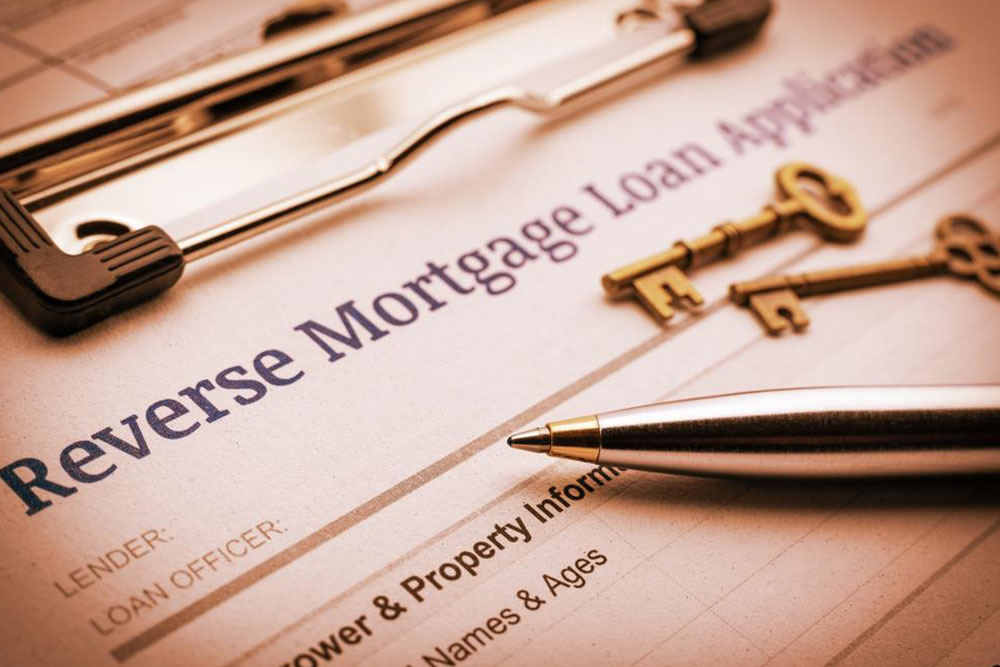Essential Facts to Consider Before Committing to a Reverse Mortgage
Discover essential insights about reverse mortgages, including how they work, types available, their benefits, and costs. Ideal for seniors aged 62 and above, this guide helps you make informed decisions to unlock your home’s equity safely and efficiently, maintaining ownership while securing additional retirement income. Learn about flexible payment options and the implications for your estate and benefits, ensuring you understand all aspects before proceeding with a reverse mortgage.
Sponsored

Key Information Before Obtaining a Reverse Mortgage
Individuals aged 62 and older can access funds against their home's equity through a reverse mortgage. It’s important to understand that homeowners must stay current with property taxes, maintain the property, and carry insurance as per FHA standards. Prospective borrowers should familiarize themselves with how reverse mortgages operate, the various types available, their benefits, and associated costs.
Understanding Reverse Mortgage Functionality
Borrowers can choose to receive funds via a lump sum, regular payments, or a flexible line of credit. These options provide tailored financial solutions based on individual needs.
Reverse mortgages don’t require monthly payments while the homeowner resides in the house. However, property taxes, insurance, and maintenance costs must be maintained. Upon the homeowner’s death, heirs can settle the loan and retain the property or the lender may reclaim it to recover the debt.
Moving from the home before death or residing elsewhere for over six months (or a year for medical reasons) can be considered a loan repayment trigger.
Types of Reverse Mortgages
HECMs (Home Equity Conversion Mortgages)
These are the most common federally insured reverse loans, offering certain fee limits and flexibility in money use. Backed by the FHA, they depend on the home’s value with maximum loan amounts set accordingly. Eligibility criteria apply.
Proprietary Reverse Mortgages
These private loans are similar to HECMs but are not federally supported. They often have fewer restrictions and higher borrowing limits but may involve higher fees and are available in select areas.
Single-Purpose Reverse Mortgages
Offered by non-profits and government agencies, these are limited to specific uses like home repairs or property tax payment, with usage restrictions imposed by the lender.
Advantages of Reverse Mortgages
Access to Funds
Seniors can tap into their home equity without selling their house, providing extra retirement income and helping manage unexpected expenses.
No Monthly Repayments
Payments are not required until the home is sold, the borrower moves, or passes away. The loan is only repaid at these points.
Ownership Retention
Borrowers remain owners of their home as long as they meet tax and insurance obligations. The lender cannot claim ownership unless these are neglected.
Flexible Payment Options
Borrowers can choose how they receive funds—lump sum, installments, or credit line—and can adjust these options later if needed.
No Impact on Social Security or Medicare
Funds from reverse mortgages are not considered income, so they do not affect benefits like Social Security or Medicare.
Reverse Mortgage Costs
The process involves initial charges such as appraisal, closing, origination, and mortgage insurance, alongside ongoing costs like interest, insurance, and servicing fees. Costs vary, so consulting with the lender for current rates is advisable.






